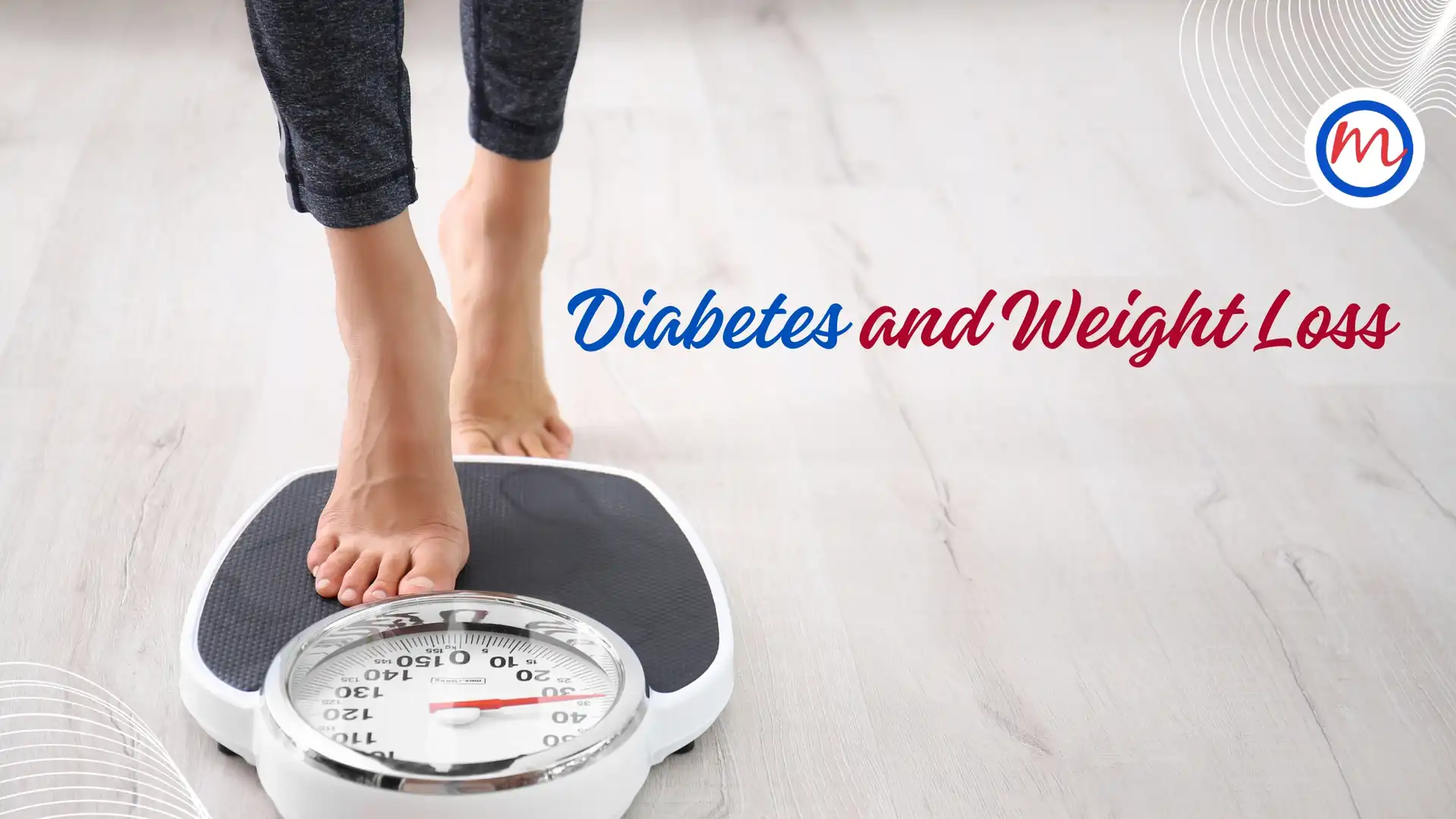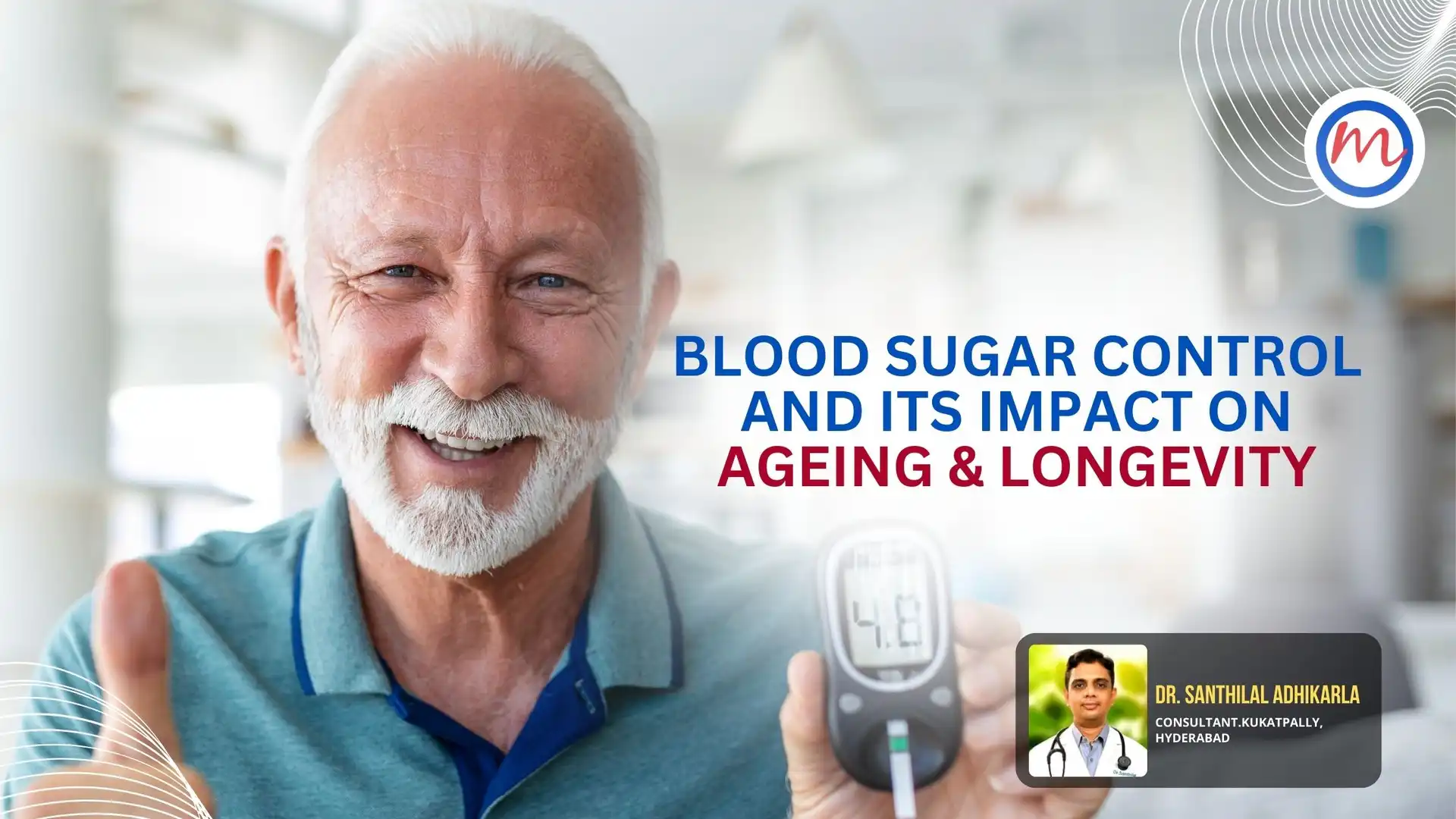Blood pressure is determined both by the amount of blood your heart pumps and the amount of resistance to blood flow in your arteries. The more blood your heart pumps and the narrower your arteries, the higher your blood pressure.
Hypertension can be asymptomatic. Even without symptoms, damage to blood vessels and heart continues and can be detected. The risk of hypertension in diabetes is the most common co-morbid condition present. It is a major risk factor for both the microvascular as well as macrovascular complications of diabetes.
Relationship between Hypertension and Diabetes
Hypertension is an important correlate of metabolic syndrome. Hypertension in diabetes increases the risk of developing high blood pressure and other cardiovascular problems, because diabetes adversely affects the arteries, predisposing them to atherosclerosis (narrowing of the arteries). Concomitant hypertension increases the risk of left ventricular hypertrophy, cardiac failure, stroke, peripheral vascular disease, renal dysfunction and retinopathy.
Types of Hypertension
Essential hypertension. This is a most common type of hypertension with no symptoms, some experience of frequent headaches, tiredness, dizziness, or nose bleeds. Although the cause is unknown, the research has shown that obesity, smoking, alcohol, high-calorie diet, and heredity plays an important role in essential hypertension.
Secondary hypertension. This type of high blood pressure, called secondary hypertension, tends to appear suddenly and cause higher blood pressure than does primary hypertension. Various conditions and medications can lead to secondary hypertension, the risks of hypertension include:
- Obstructive sleep apnea
- Kidney problems
- Adrenal gland tumors
- Thyroid problems
- Certain defects in blood vessels you’re born with (congenital)
- Certain medications, such as birth control pills, cold remedies, decongestants, over-the-counter pain relievers and some prescription drugs
- Illegal drugs, such as cocaine and amphetamines
- Alcohol abuse or chronic alcohol use
Staging of hypertension
| SYSTOLIC BP(mmHg) | DIASTOLIC BP(mmHg) | |
| Normal | <120 | <80 |
| Prehypertension | 120-139 | 80-89 |
| Stage 1 hypertension | 140-159 | 90-99 |
| Stage 2 hypertension | >160 | >100 |
Systolic BP >140 mmHg is a more important risk factor for cardio vascular disease (CVD) than diastolic BP. The risk of CVD doubles with increment of 20/10 mmHg beginning at 115/75mmHg.
Risk factors for hypertension
- Age
- Race
- Family history
- Being overweight or obese
- Not being physically active
- Using of tobacco
- Too much salt (sodium) in the diet
- Stress
- Drinking too much alcohol
- Certain chronic conditions such as diabetes, kidney disease, sleep apnea
Prevention
Lifestyle changes can help you control and prevent high blood pressure, even if you’re taking blood pressure medication. Here’s what you can do:
- Eat healthy foods
- Decrease the salt in your diet
- Maintain a healthy weight
- Increase physical activity
- Limit alcohol
- Don’t smoke
- Manage
- Monitor your blood pressure at home
- Practice relaxation or slow, deep breathing
- Control blood pressure during pregnancy
Sticking to lifestyle changes can be difficult, especially when there are no symptoms of high blood pressure. Motivate yourself, by remembering the risks associated with uncontrolled high blood pressure. It would help to enlist the support of family and friends as well.



